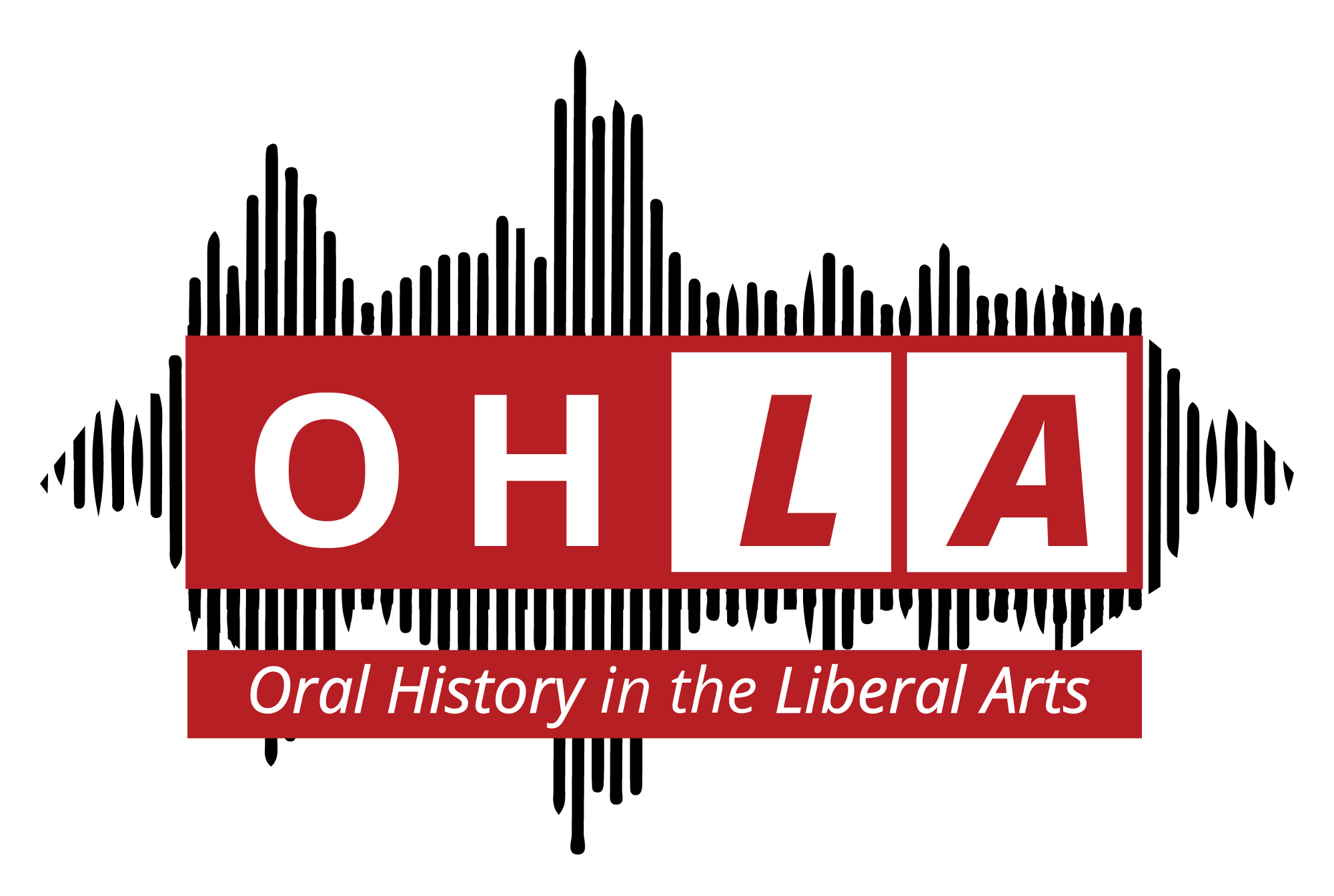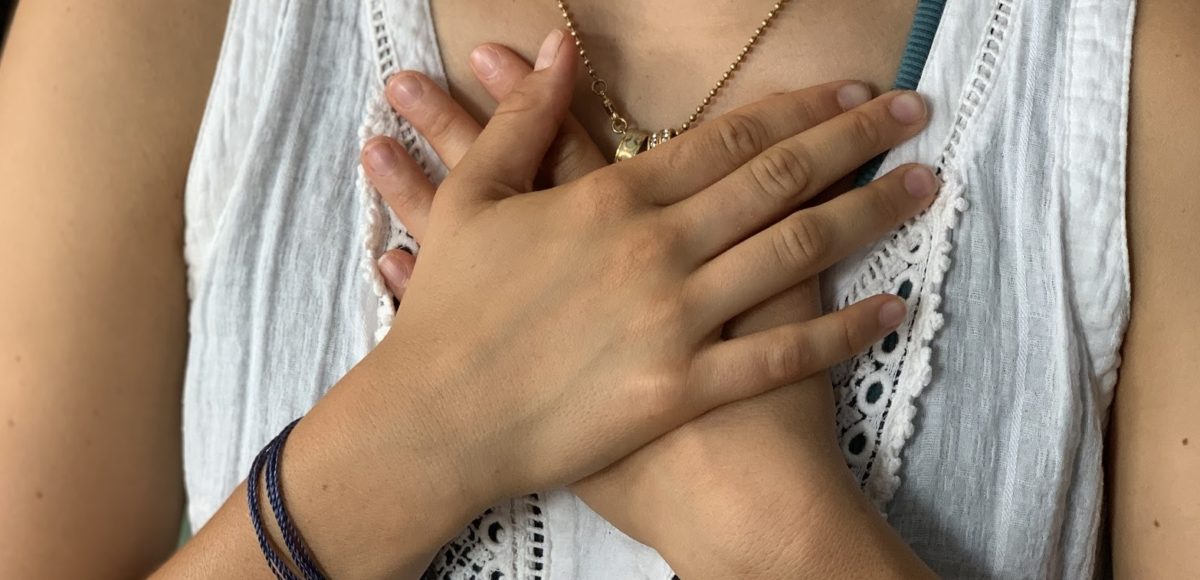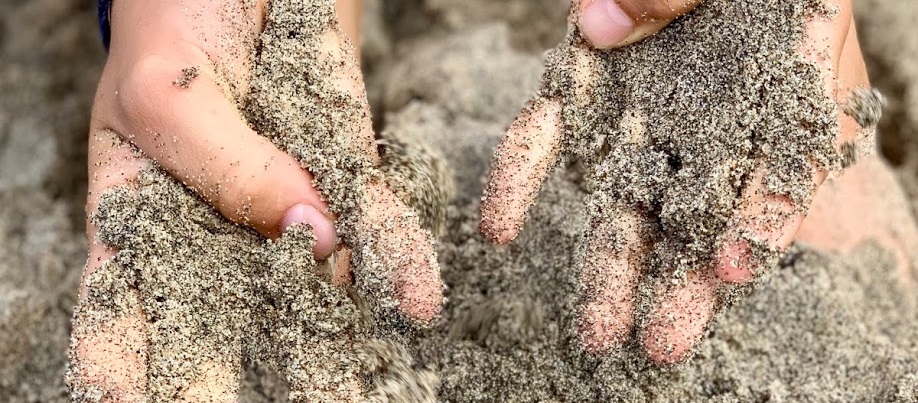Incorporating Self-Care into Oral History Methodology:
How and Why Self-Care is a Critical Component to Successful Research
As I undertook my oral history project to archive stories of secondary trauma and subsequent self-care of social workers in the Holland, Michigan community, I found myself frequently wondering, “How can I practice self-care in my own research practices?”
My interviewees, all of whom were social workers, bravely shared the ways they have incorporated self-care into their daily routines in order to reduce burnout in the field. I saw a parallel between social work therapy and oral history interviewing as both can expose us to trauma stories. Just as social workers walk alongside their clients and listen with compassion, we sit with interviewees and journey with them as they share a piece of their lives with us.
Drawing upon the skills social workers shared with me in their oral history interviews, I have compiled a list of tools that researchers can use as a way of incorporating self-care into oral history methodology.

Collecting Resources
Just as social workers have a stockpile of resources they use when working with clients, it is critical for oral history researchers to have the proper tools prepared for interviews. Such items could include informed consent and project release paperwork, audio or video recorders, and a notepad and pen. Furthermore, we should come to interviews psychologically prepared to engage in deep conversation. Coming prepared to an interview is a form of self-care because it gives us the space to be mentally, emotionally, and physically ready to engage in a personal testimony. We can be more mindful when we are equipped with the proper resources for a successful interview.
Consulting Mentors
Social workers in the field often consult with a supervisor to ensure that their work decisions are ethically sound and therapeutically beneficial for clients. They also use supervision to process their own emotional responses to their clients’ situations. As we undertake oral history research, our faculty mentors can assist us both academically and emotionally. To employ self-care in our research, we can set up meetings with our faculty mentors to discuss how we are feeling when we hear our interviewees share their stories with us.
Creating Boundaries
For social workers, self-care often takes the form of respecting boundaries. Social workers set clear expectations with their clients about what services they can offer, what their time together will be like, and what the bounds of their professional relationship entails. As researchers, we can practice this boundary setting with the relationships made in the field, as well as with the way we use our time. It is important to respect our own time by maintaining a balance between our work and our lives outside of academia.
Escaping Perfection
Effective social workers have acknowledged that they can walk alongside a client and assist in the journey of change, but openly admit that they cannot fix or save their clients. Letting go of unrealistic expectations, such as recreating clients’ lives in an idealistic way, is important in terms of self-care. We can escape the idea of perfection in our research by coming to terms with the concept that there is no such thing as a perfect interview. Things will go wrong that are out of our control and we cannot fix every mistake. We can only embrace each moment and continually learn and lean into the process of oral history research.
Throughout your research, I encourage us all to pause and ground ourselves in self-care. We can practice empathic connection and vulnerability in a way that is healing, healthy, and gives us ownership over our work and lives. Creating successful and meaningful research starts when we incorporate self-care components into our methodology.








